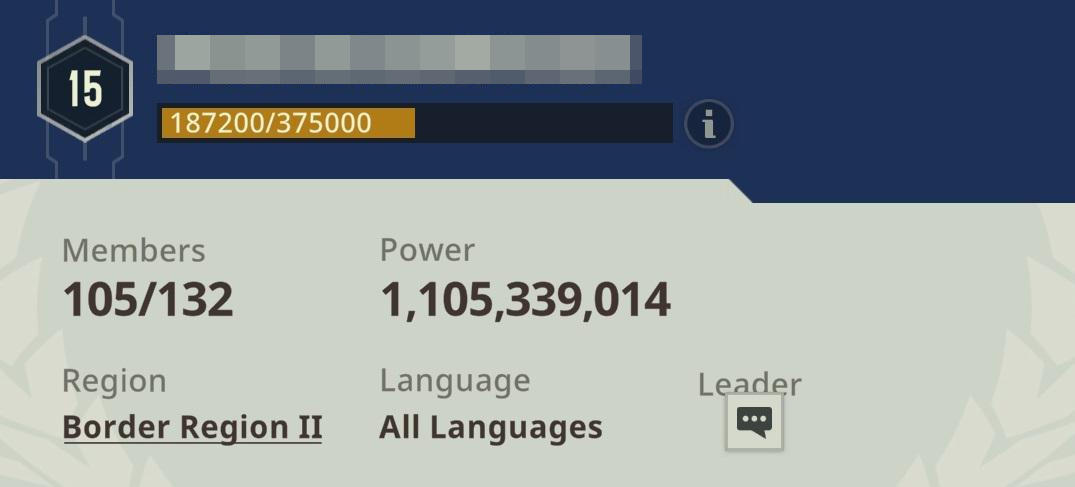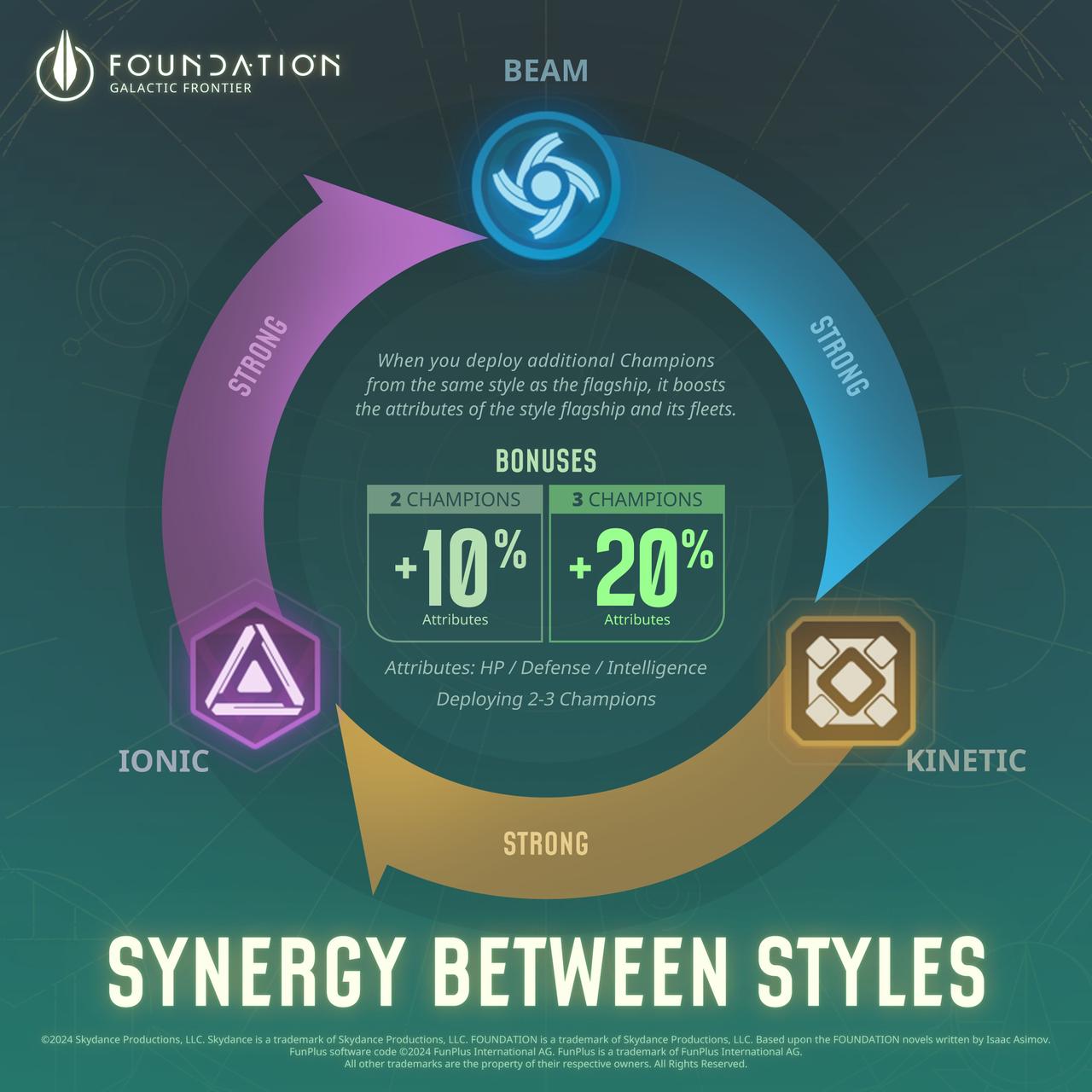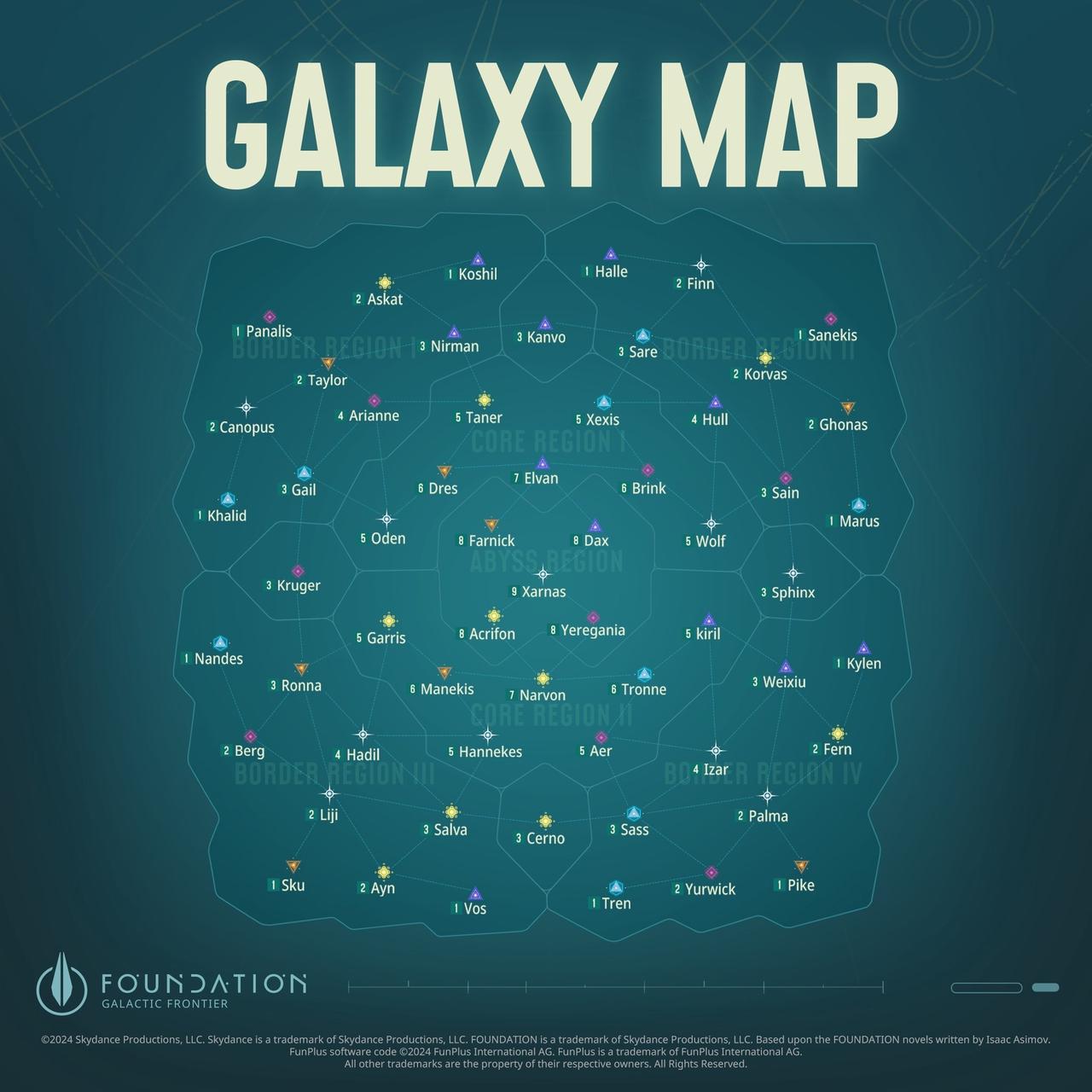



Foundation: Galactic Frontier (FGF) is a vast, immersive space strategy game where exploration, combat, and alliances shape your journey through the stars. Whether you’re a new Trader or returning for the Global Launch, these 10 key points will help you get started, grow stronger, and thrive in the galaxy.
Commerce Guilds are central to FGF’s social and strategic experience. By joining a guild, you gain access to shared resources, coordinated battles, and guild-exclusive events. The in-game Chat is a powerful tool to communicate with potential guilds: ask questions, read discussions, and find players who share your values and playstyle.
New players can apply to existing guilds or request an invitation directly. If you prefer leadership, starting your own guild allows you to set the direction, recruit members, and build a community. Protect your experience by blocking disruptive players or reporting serious issues to maintain a positive, strategic environment.

Combat in FGF isn’t just about raw strength, it’s about strategy and style. Ships, champions, and components use one of three core styles:
Beam: Strong against Kinetic, weak against Ion
Kinetic: Strong against Ion, weak against Beam
Ion: Strong against Beam, weak against Kinetic
Mixing these styles effectively can tip the scales in both space and ground battles. For example, a fleet heavy on Beam ships may dominate Kinetic opponents but struggle against Ion fleets. Similarly, using champions with complementary abilities boosts both offense and defense. Understanding these interactions is essential for PvP, GvG, and event success.

The in-game Encyclopedia Galactica is your ultimate knowledge hub. Here, you’ll find detailed information on missions, champions, fleets, guilds, map systems, events, and development strategies. It’s constantly updated, keeping pace with new features and expansions.
Combine it with the official FGF Discord and guild-based communities for real-time insights, tips, and announcements. Watching guides, reading strategy posts, and learning from experienced players will help you make better choices and maximize your in-game growth.
Find the Encyclopedia Galactica in: Profile → Encyclopedia Galactica
Exploration is a core part of your journey. Each new Province Server starts with players in a Border Region (I–IV), which are the outer edges of the map. Over the first weeks, systems unlock gradually as players progress, allowing you to expand your influence and uncover hidden resources.
Exploring planets, systems, and free-floating space debris rewards you with resources, bonus loot, and opportunities to upgrade your champions. Hyperspace Teleports allow movement between regions but should be used carefully, as additional teleports come at a higher resource cost. Maximize exploration to gain both strategic knowledge and material advantage.

Resources in FGF are the backbone of progress. Your primary resources: Food, Water, Metal, and Galactic Coin support construction, upgrades, and champion promotion. Credits help speed up timers and purchase critical items, while Action Points (AP) control your ability to complete missions, hunt Ascendancy targets, and participate in events.
Secondary resources like Virtuous Memories (for champion recruitment), Speed-Ups, and Prismatic Cores (from Sacred Tribute rallies) require careful planning. Using them efficiently during events or critical missions can accelerate your progress and give you an edge over competitors.
Your flagship is the heart of your fleet, and champions amplify its capabilities. Flagships combine champions, ship components, and technology upgrades to optimize offense, defense, and synergy. Champions have Space and Ground Combat abilities, which must be carefully considered depending on the battle scenario.
For instance, certain champions excel in ground combat during events like “Kaboom, Robots,” while others are more effective in space battles. Upgrading champions, unlocking new abilities, and choosing the right combinations is essential for both solo and guild strategies.
Timers are a fundamental part of FGF gameplay, guiding construction, tech research, Jump Portals, and event participation. Strategic use of timers ensures you stay competitive while balancing real-world schedules.
Guild events, War Declarations, and server-wide challenges, such as Top 100 Galactic Traders, Arms Race, and Defend the Trade Route, rely on timely coordination. Use Guild notifications and your in-game calendar to schedule participation effectively, ensuring no opportunity is missed.
Port Occupation is a major strategic feature. Guilds that control Ports gain access to trade routes, buffs, and global advantages. Wars for Ports require coordination, careful timing, and teamwork, as the guild dealing the final damage wins the Port.
Note: First-time attacks on Level 1 Planet Ports don’t require prior territorial control, making it easier for new guilds to claim their first foothold in the galaxy.
FGF rewards curiosity. Every system, champion, and technology has nuances to discover. Share knowledge through guides, videos, or Discord discussions. Contributing to the community not only helps others but sharpens your own strategy. Knowledge is power in the galaxy.
Start your journey by downloading FGF from the App Store or Google Play. For added security and seamless cross-platform play, bind your account via: Settings → Account. This ensures your progress is safe, recoverable, and playable across PC, Android, and iOS.
Plan, explore, strategize, and collaborate. With a strong guild, smart resource management, and tactical mastery, the galaxy is yours to conquer!
Special thanks to Mod Liannin for her valuable insights and contributions to the information featured in this guide.



©2025 Skydance Productions, LLC. Skydance is a trademark of Skydance Productions, LLC. FOUNDATION is a trademark of Skydance Productions, LLC. Based upon the FOUNDATION novels written by Isaac Asimov.
FunPlus software code ©2025 FunPlus International AG. FunPlus is a trademark of FunPlus International AG.
All other trademarks are the property of their respective owners. All Rights Reserved.